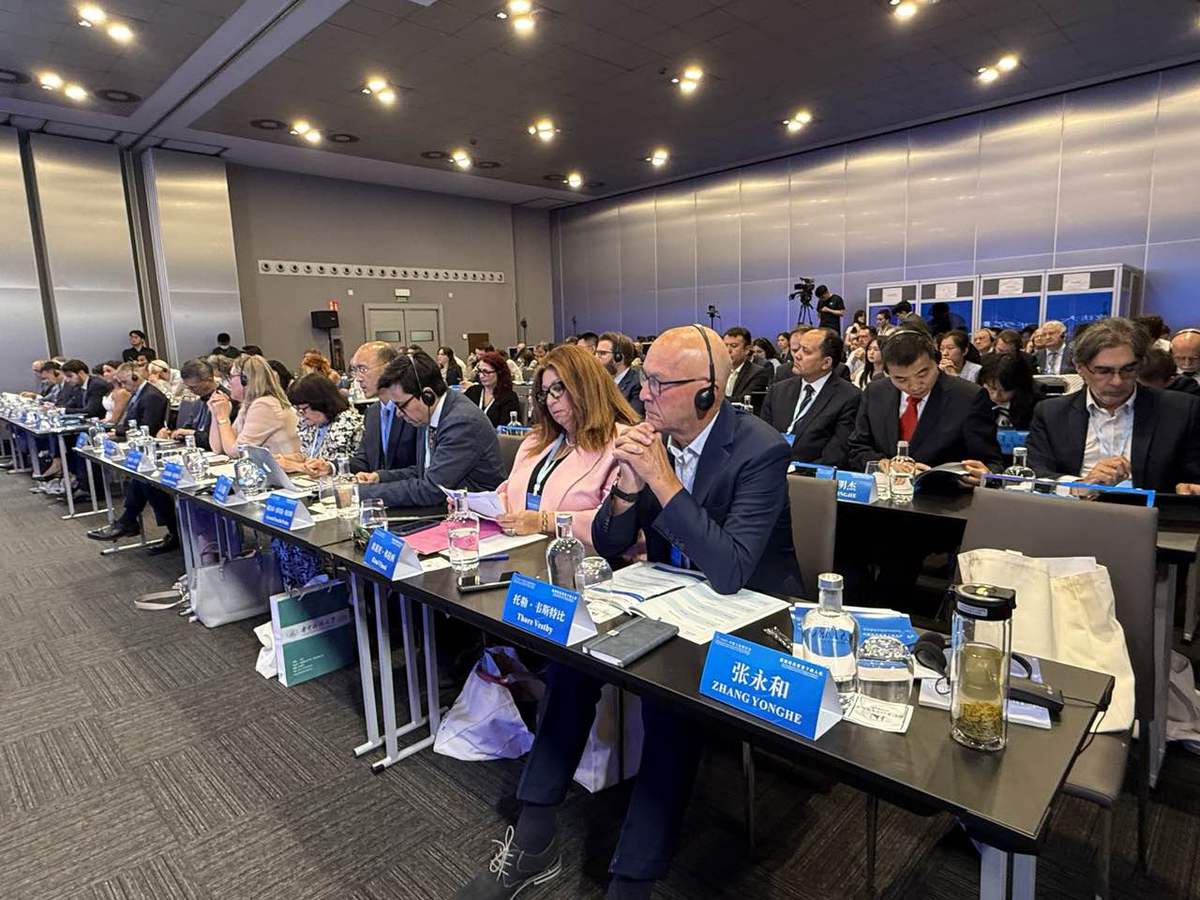Human rights protection stressed
Madrid seminar calls on China, Europe to make combined efforts in digital era


The 2025 China-Europe Seminar on Human Rights concluded on Wednesday in Madrid, Spain, with a consensus document calling for human rights protection and cooperation in the digital intelligence era.
About 120 Chinese and European experts, scholars, government officials, industry representatives and other stakeholders from the human rights fields engaged in in-depth talks on the subject of human rights in the era of digital intelligence.
The consensus document calls for upholding human rights values to promote the benefits of digital intelligence technologies; ensuring a secure and trustworthy digital-intelligence rights environment; promoting global sharing of digital intelligence rights with openness; promoting universal access to digital intelligence rights and interests through development; ensuring nondiscrimination and timely rights relief with transparency; and building a community with a shared future in cyberspace through cooperation.
Marta Montoro, vice-president and general director of Spain-based Catedra China Foundation, said the meeting will "surely become a milestone" in Europe-China and Spain-China relations.
"Today, we reaffirm this conviction: The future of humanity cannot be written with China left behind. The digital future of mankind is inseparable from a vision of dialogue, fairness and inclusive development," she said.
She said human rights need to be strengthened, expanded and adapted, not weakened in the era of artificial intelligence, robotization and comprehensive automation of life.
She praised China for advocating a cooperation philosophy based on the principles of mutual respect, noninterference and solidarity-driven development assistance.
Lu Guangjin, vice-president of the China Society for Human Rights Studies, said in a video message that the seminar is an important event in the exchange and communication on human rights between China and Europe.
It has been 10 years since the seminar was first launched in 2015 and has been held in various European and Chinese cities. The seminar on Wednesday was jointly sponsored by the China Society for Human Rights Studies and the Catedra China Foundation, which promotes exchanges and understanding between China, Spain and Europe.
Gerardo Pisarello, first secretary of the Congress of Deputies of Spain and a professor of constitutional and political law at the University of Barcelona, said the key question is whether to avoid using AI or to try to develop or research a fairer and more transparent way to use AI so that the entire human society can move forward in a prosperous and fair way.
"China has already demonstrated its strong potential in AI. Throughout the AI development process, China has always adhered to the concept of environmental protection and green development," he said.
Challenge to monopoly
He expressed concern that China's AI development model has been resisted by US companies precisely because China's AI poses challenge to the business models and even military models of US companies, and a challenge to the monopoly it had previously formed.

































